
THREAD The West's relationship with Russia is broken. Its Russia policy is, too. How can the Biden administration build a more effective--and sustainable--approach for dealing with an increasingly adversarial Russia? carnegieendowment.org/2021/03/09/bac… 1/
I argue that a “back to basics” approach is the best option for the US/EU to address the damage stemming from 4 years of Trump’s madcap handling of Russia and ever more disruptive moves by the Kremlin in a new paper co-written with Eugene Rumer 2/ 

To succeed, leaders on both sides of the Atlantic will need to make some compromises (not least because their perceptions of Russia will never align 100%) while making sure Moscow is unable to drive wedges between the US and EU. 3/ 

On sanctions, a more streamlined approach is needed along with a renewed focus on efficacy. The existing program has grown too diffuse. Sanctions need to do more than tie the hands of a (now former) reckless US president or signal we're mad as hell over Russia's misdeeds 4/
The US/EU should not shy away from using precisely targeted sanctions against Russian officials and private individuals, as well as their family members and associates, who have been implicated in corrupt activities, rogue state behavior, and domestic political oppression. 5/ 
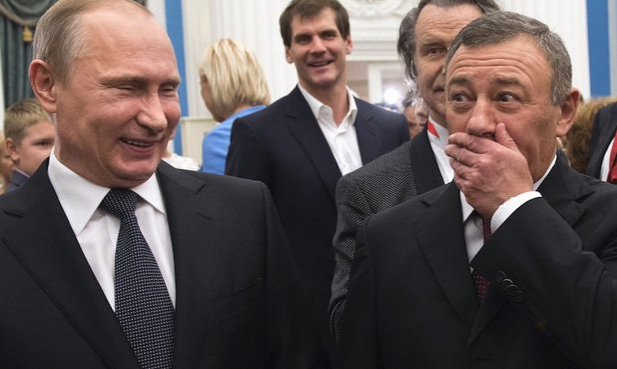
Those who subvert the rule of law and human rights in Russia and abroad should not be able to enjoy the benefits of free and law-abiding societies. (pic: @SergeyPonomarev) 6/ 
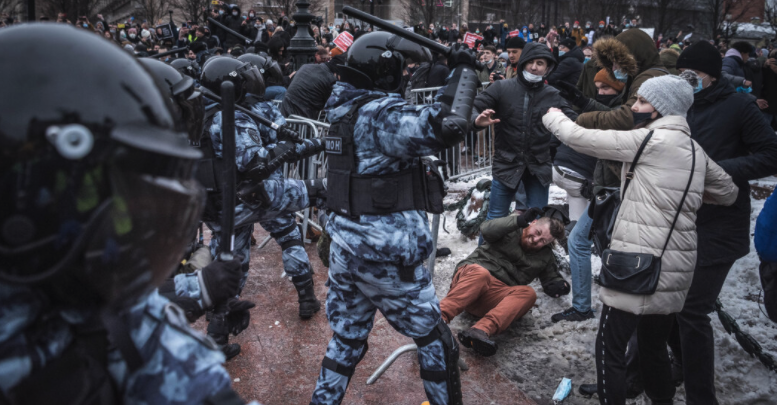
NATO-based military deterrence must remain credible and well-communicated. At the same time, NATO can afford to take a 2-track approach: leaving the door open on issues like arms control/CBMs/etc while making clear Russian provocations are unacceptable. 7/ 
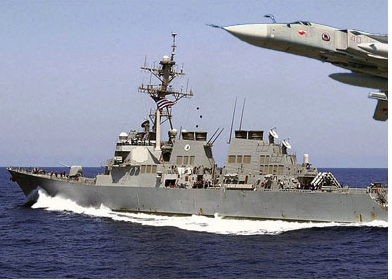
The US and its allies need to reprioritize #Ukraine, ending 4 years of malign neglect under Trump. Overcoming Russian footdragging (and worse) on Donbas will be a tall order. But it will only happen thru closer US/EU coordination, plus efforts to energize UKR domestic reforms 8/ 
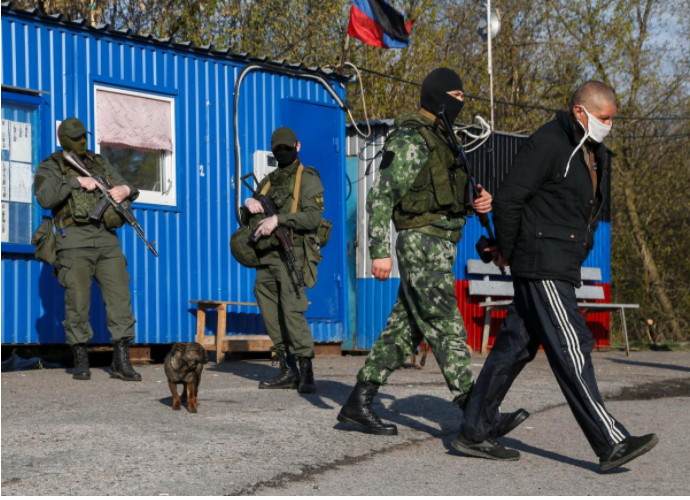
We also see scope to explore cooperation w Moscow on a handful of areas (eg resumed Iranian compliance with JCPOA, climate change). But don’t expect any breakthroughs let alone positive spillover to other areas of the relationship or types of problematic Kremlin behavior. 9/
Finally, the Kremlin’s relentless mistreatment of Navalny and the rise of a new street protest movement have put Russian domestic politics and human rights issues squarely back on the transatlantic agenda. 10/ 
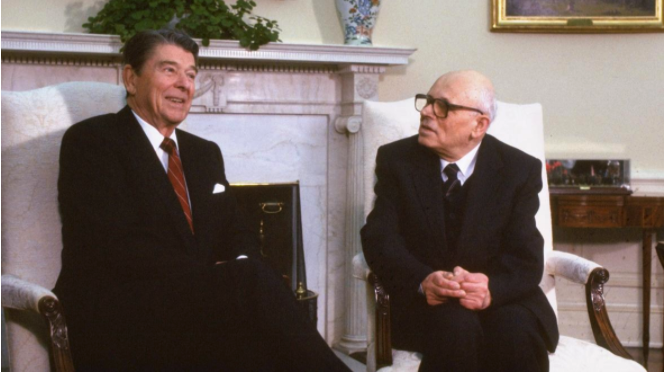
The US and Europe should be braced for a challenging assault on civil society/human rights inside Russia that could endure for many years. It will likely remain a source of fundamental disagreement, just as it was in Soviet times. 11/
Full text of our new paper entitled "Back to Basics on Russia Policy" available here: carnegieendowment.org/2021/03/09/bac… END
• • •
Missing some Tweet in this thread? You can try to
force a refresh












